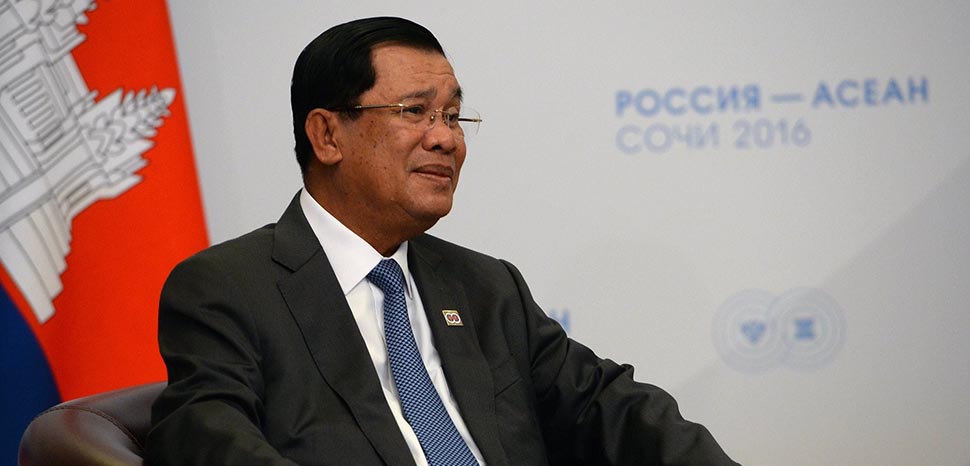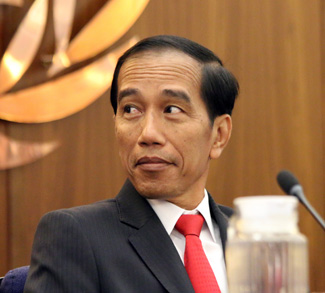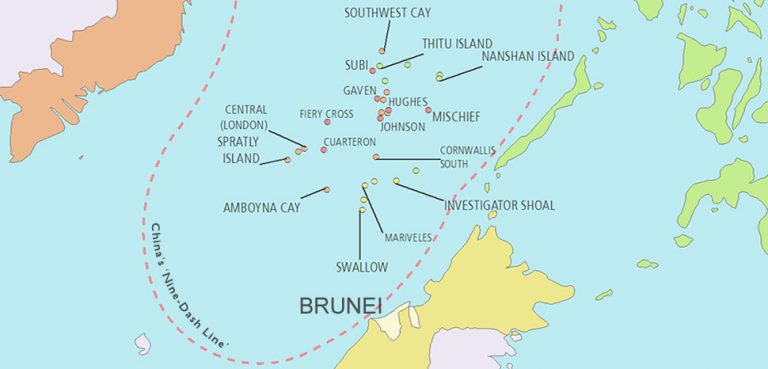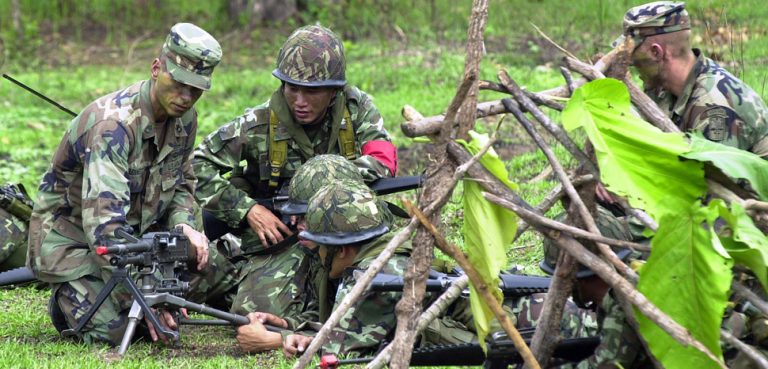Following Cambodia’s recent parliamentary elections, marred by widespread allegations of manipulation, Prime Minister Hun Sen’s Cambodian People’s Party (CPP) clinched another victory. Hun Sen, who has led Cambodia for over 38 years, has effectively implemented a succession plan that will hand power to his eldest son, Hun Manet. This report explores the aftermath of the election and its broader implications for Southeast Asia.
Cambodia’s Opposition in the Sen Era
During the tenure of the Cambodian People’s Party, opposition groups have faced legislative restrictions, judicial manipulations, and even physical threats, such as forced exile or imprisonment. The recent election was marked by the disqualification of the primary opposition party, the Candlelight Party, by the National Election Committee. This move, upheld by Cambodia’s Constitutional Council, underlines the political repression that has constrained opposition groups’ efficacy and organizing abilities. The disqualification of the Candlelight Party effectively ensured the CPP’s monopoly over the National Assembly, echoing the 2018 election outcome. This consolidation of control by the CPP mutes the voices of a growing population of educated urban youths disillusioned with autocratic rule.
Economic Outlook: Diversifying Industries & Investors
Cambodia’s economy has significantly transformed over the past ten years, moving toward an increasingly diverse and industrialized model. One primary driver of this change has been the burgeoning textile and apparel industry, which accounts for over one-third of GDP and 57% of total exports. Tourism, another pillar of the economy, has also seen impressive growth and post-pandemic recovery, boosting employment and revenues in the hospitality and service sectors.
Under Hun Sen’s leadership, Cambodia embraced China’s Belt and Road Initiative (BRI), resulting in an influx of Chinese investment in infrastructure, real estate, and tourism sectors. While these investments have spurred economic growth, they have also led to a mounting debt burden. At present, over 40% of Cambodia’s public external debt is owed to China. Further, the country’s over-reliance on a few cyclical sectors exposes it to external shocks and economic vulnerabilities, as seen during the COVID-19 pandemic. As Hun Manet takes over from his father, he faces the challenge of managing this debt while continuing to stimulate economic growth.
Hun Manet’s economic vision will likely lean towards a more diversified economic model. Cambodia’s light manufacturing sector is poised to benefit from industrial upgrading and soaring overhead in neighboring Vietnam. However, labor costs in Cambodia are still double the monthly wages of apparel workers in Bangladesh. Such conditions suggest Hun Manet will prioritize strengthening sectors like heavy manufacturing and agriculture while also exploring technology and digital services growth. Hun Manet’s tenure will be evaluated by how effectively he navigates these challenges while preserving Cambodia’s economic momentum amid an anticipated slowdown in new BRI spending and Chinese financing.
Regional Impact for ASEAN
Throughout Hun Sen’s rule, Cambodia’s role in ASEAN has undergone significant changes. Initially, Cambodia acted as a bridge between ASEAN and China, siding with Beijing on several controversial issues and frequently blocking consensus within ASEAN on matters detrimental to Chinese interests. However, Hun Sen has also demonstrated pragmatism, occasionally fostering more robust relations with ASEAN neighbors to balance the reliance on China.
The rise of authoritarian regimes within ASEAN, including Cambodia’s, has challenged the organization’s functionality, eroding ASEAN’s consensus-based approach. This makes it difficult for the group to address contentious regional issues, such as territorial and maritime disputes in the South China Sea. As individual ASEAN nations lean towards China for economic and political support, the organization struggles to present a unified front in its interactions with Western powers, most notably the United States. The tension between member states’ authoritarian tendencies and ASEAN’s aim of maintaining balanced relations with global powers will undoubtedly influence the trajectory and efficacy of the group.
Conclusion
The transition of power from Hun Sen to his eldest son, Hun Manet, is a crucial phase in Cambodian politics. At 45 years of age, Hun Manet, a US Military Academy graduate and UK-trained economist, brings a blend of military and economic heft to his leadership despite his relative youth. Having ascended the ranks within the Cambodian military, Hun Manet is set to inherit a country his father has largely stabilized, albeit through authoritarian means.
While Hun Manet’s Western education may suggest a possible shift towards liberal democratic values, it’s worth mentioning that the paths of other Western-educated leaders, especially in similar political contexts, haven’t necessarily resulted in liberalization. Hence, any deviation from his father’s approach is far from guaranteed. Hun Manet’s foreign policy stance remains unclear, leading to uncertainty around Cambodia’s future interactions with China and Western powers. His military experience, much like his father’s, could hint at a predisposition to maintain a firm grip over the nation’s power structures.
In conclusion, Cambodia’s recent national election and leadership transition represents a significant turning point for the country’s future. The impending leadership transition, growing youth disillusionment, economic vulnerabilities, and shifting geopolitics all contribute to an uncertain trajectory for Cambodia.




